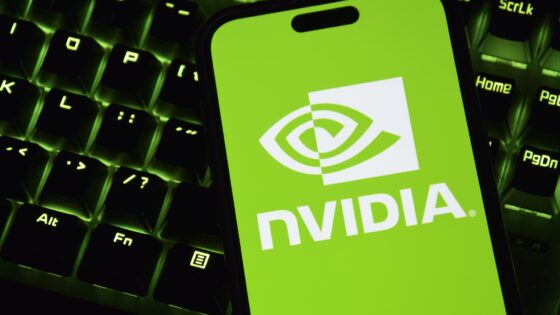We’ve all heard the ongoing debate of “do video games make kids more violent?” But new debates and studies may be trying to challenge a new side of the story: video games making kids smarter. In order to fully get to the bottom of this newly posed theory, we have to weigh the pros, cons, and applicability of video games to the current work force and contemporary study methods.
While video games won’t be taking over textbooks anytime soon, there are a lot of benefits to this growing mode of entertainment. The most obvious aspect being improved upon is hand-eye coordination skillsets, but depending on your favorite genre, there are many other forms of intelligence required to maneuver some of today’s most popular games.
Take, for example, games like ‘Portal,’ ‘The Witness’ and even mobile titles like ‘Pokémon Quest.’ These are all puzzle-based games that test “outside-the-box” thinking and challenge the critical aspects of player’s brains. ‘Portal’ is one of my favorite games of all time, and there were times I had to rethink puzzles for over 30 minutes in order to see things from a new perspective. And the ramping difficulty of ‘The Witness’ made for an enjoyable yet rigorous course that definitely strengthened my brain.
You also have games like the TellTale series, which challenges players abilities to react quickly and make important social decisions in dire situations. The fate of your characters and the plot line of the story can alter with one wrong move, so its all about making the best choices.
Each of these aspects, in some way, help to strengthen and challenge user’s brains. While they may not be increasing the IQ of players significantly, experts believe that there may be a new digital skills IQ test needed in the near future. Employment is heavily relying on workers being able to navigate the digital media field, so video games might be the next step in training brains to get better, quicker, and more accurate results when pressed with difficult challenges.
































